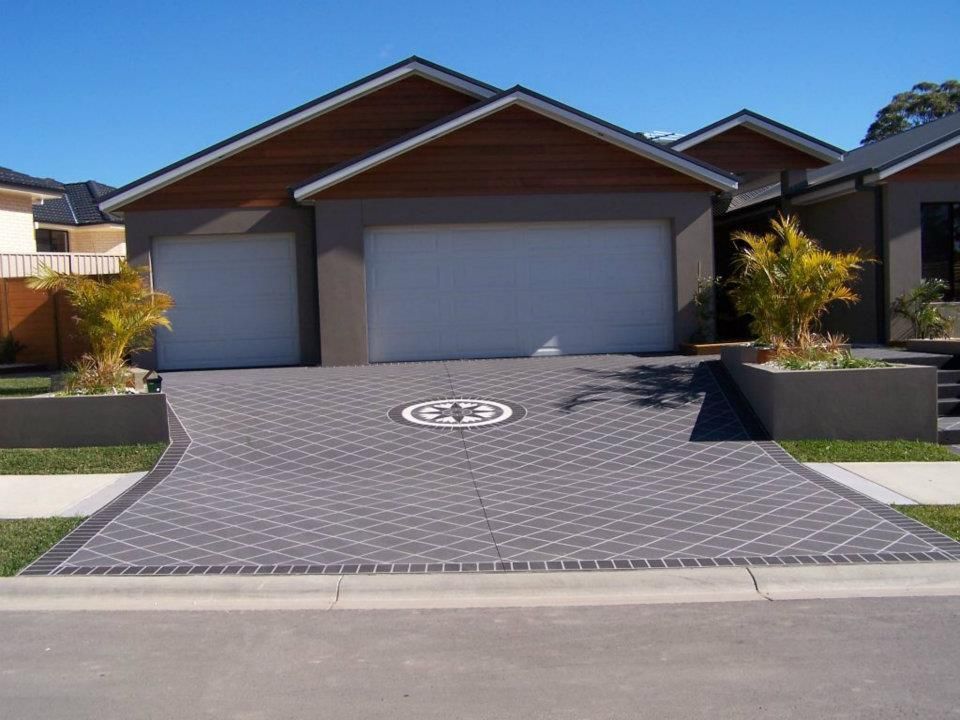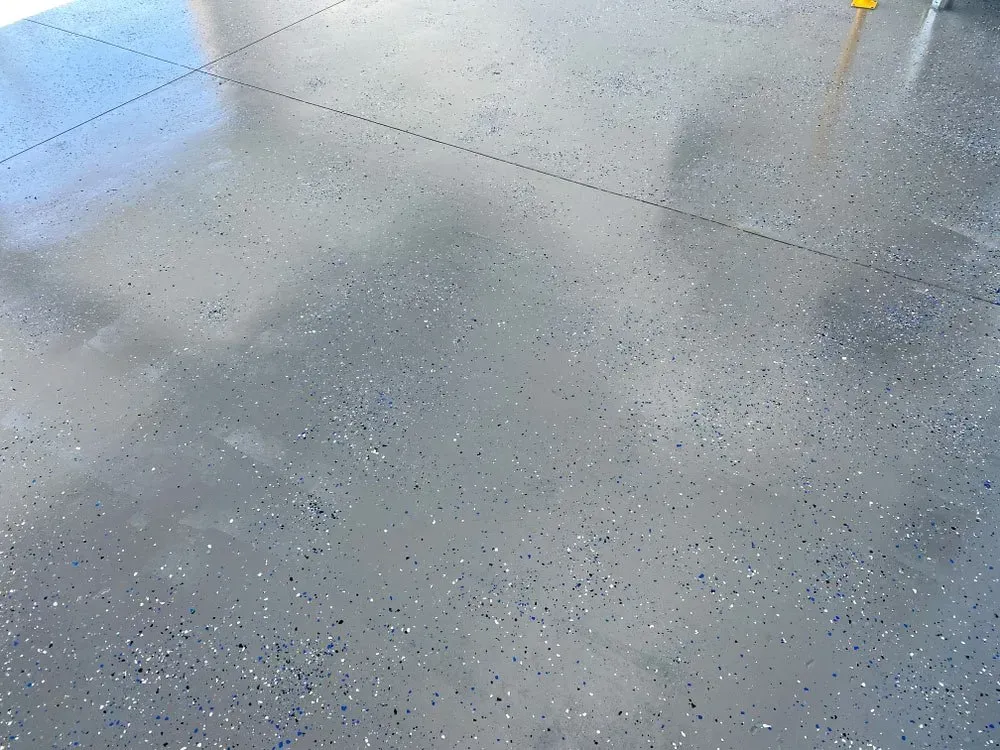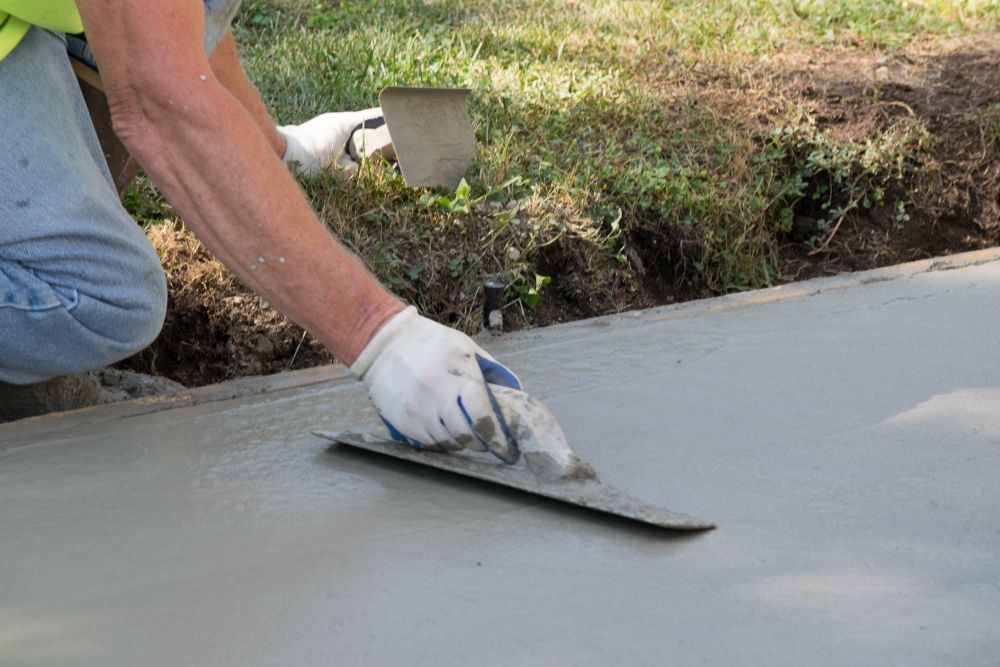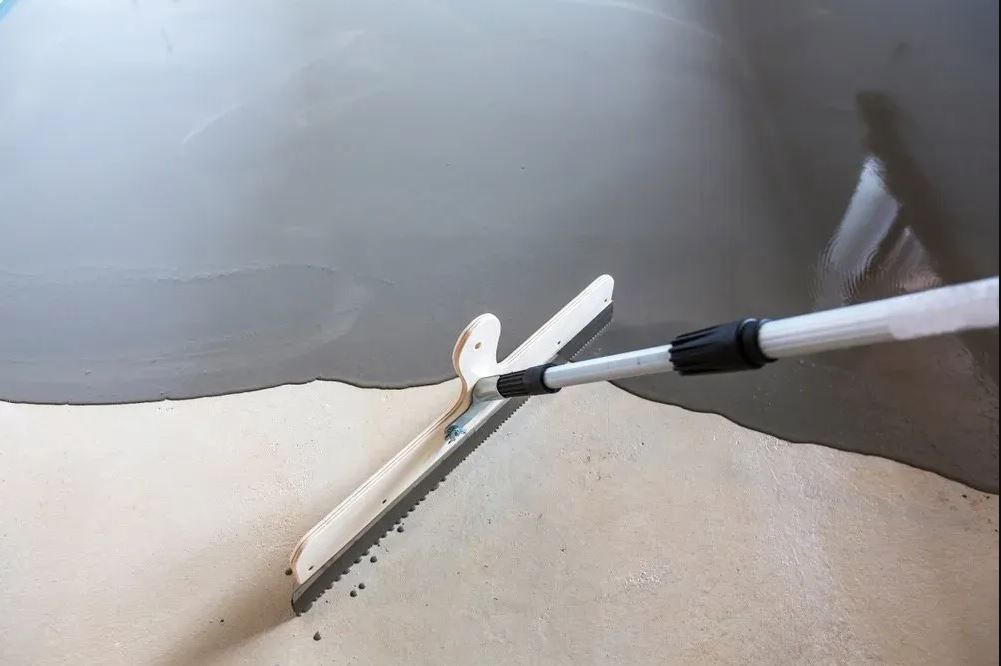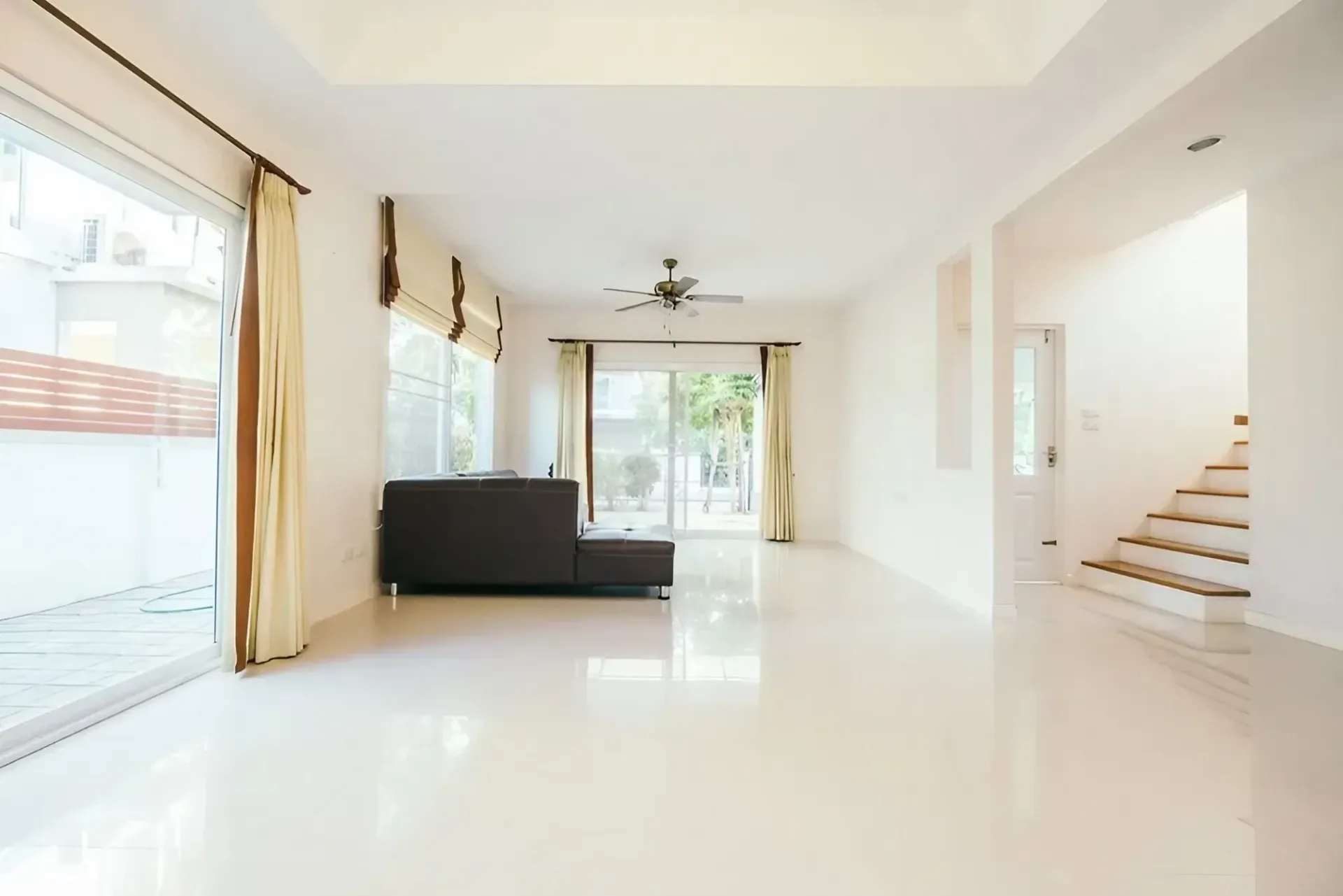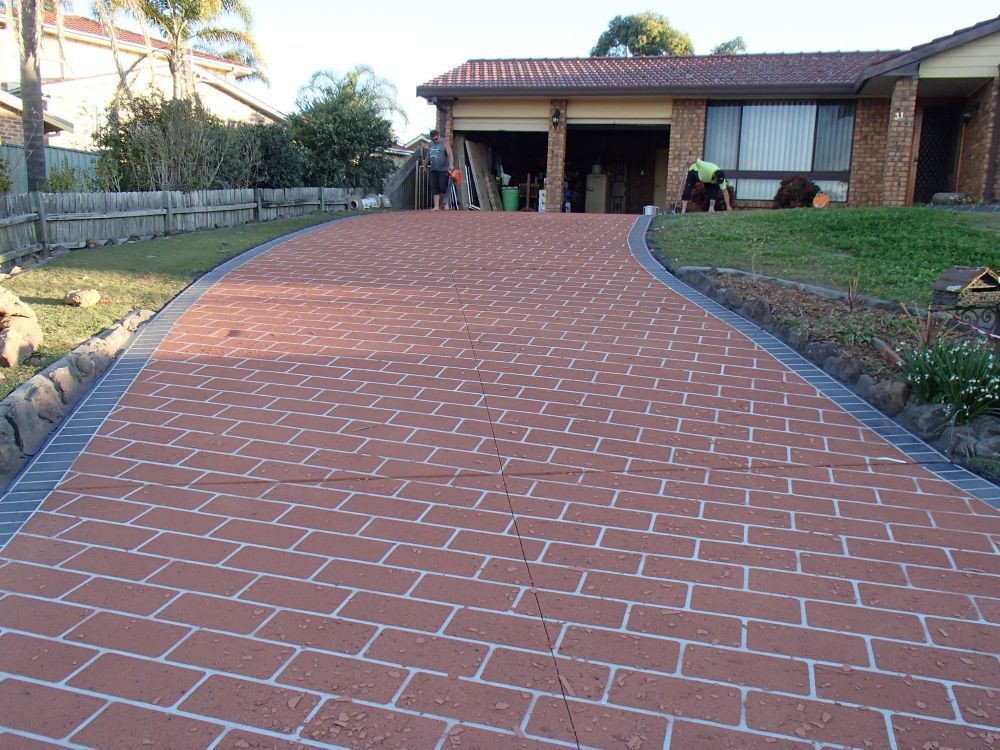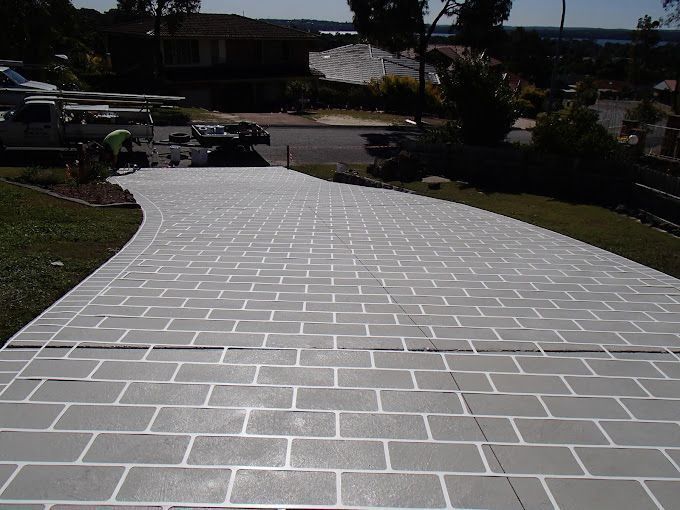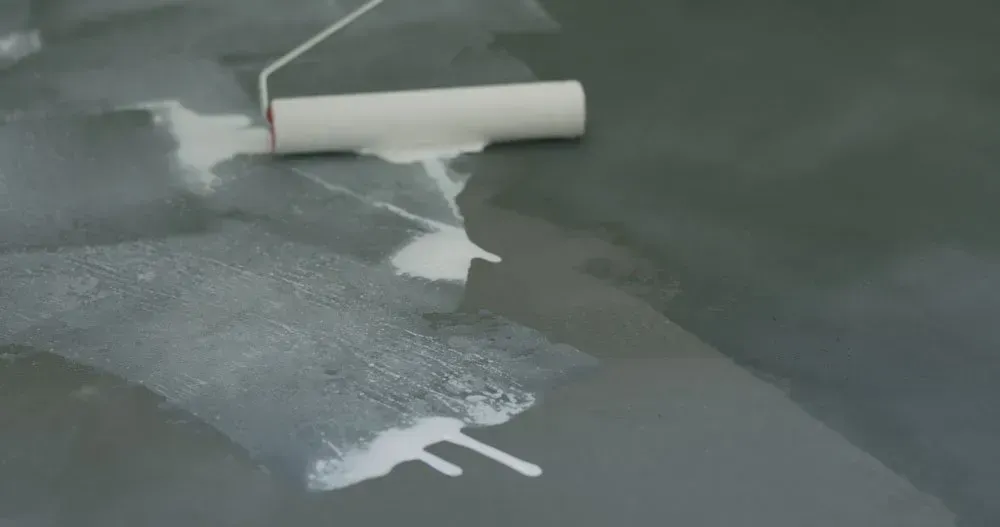What You Need To Know About Sealing Concrete
Sealing concrete is an important part of protecting your investment in a driveway, path, patio area or pool surrounds. It not only makes clean up easier, but also provides a barrier against weathering, staining and deterioration. Sealing concrete is a simple process that any home or business owner can do to prolong the life of their concrete surfaces. Here's what you need to know about sealing concrete.
Why You Should Seal Your Concrete
Keeping your concrete surfaces sealed is a simple and effective way to protect them from the elements. Concrete is porous, so, even though it is a strong material, moisture can weaken it over time. Sealing concrete will add years of useful life to driveways, patios, walkways, garages, and any other area exposed to the weather.
Additionally, properly sealed concrete surfaces can resist staining caused by oil or other chemicals as well as provide protection from freeze-thaw damage.
Sealing concrete also enhances its appearance, giving it a much smoother and better-looking surface, which ultimately increases the value of your property. Overall, there are numerous advantages that come with properly sealing your concrete surface - not least of which is time saved on costly repairs!
How Often To Seal Your Concrete
Depending on climate conditions, it is necessary for homeowners to regularly seal their concrete surfaces. Sealing the concrete offers a degree of protection from external elements like sunlight, moisture and salt corrosion.
Generally, sealing should occur at least once every 3-5 years with areas of extreme climate experiencing more frequent sealing. An experienced contractor can help determine how often your concrete should be sealed and offer advice on the best type of sealer for your needs.
What Kind Of Sealant To Use On Your Concrete
When it comes to protecting concrete, one of the best methods is to apply a sealant. This can help make the concrete more resistant to environmental factors like UV damage and moisture, as well as improving its appearance.
The type of sealant you use will depend on the desired outcome, with options including
- Epoxy coatings
- Silicon-based coatings
- Water-based acrylic sealers
- Solvent-based acrylic sealers
- Penetrating sealer
- Densifiers
- Polyurethane coatings
A professional will be able to advise you on the sealer best suited to your needs.
How To Apply The Sealant To Your Concrete
Before applying a sealant to your concrete surface, first take the time to properly prepare the area by removing dirt, oil and other contaminants. This will ensure the sealant adheres evenly to the concrete and extends its lifespan.
Once you have done this, apply the sealant with a roller or brush; spread it evenly over your project's surface, making sure you get into all the nooks and crannies. Allow adequate time for any surface moisture or humidity to evaporate before finishing up with a second coat of sealant if necessary. In addition to these simple steps, be sure to follow all manufacturer instructions for ideal longevity and performance.
Troubleshooting Issues With Concrete Sealer Application
At times you may run into issues when using sealers if you decide to DIY. These issues can range from bubbling or hazing on the surface to improper adhesion. Overall, it's important to identify if the issue is due to environmental factors like humidity or temperature changes, improper application technique or a failing sealer product itself.
It's important to apply the sealer correctly and select the appropriate mixture for your surface. Failing to do so can result in costly mistakes. To ensure you achieve the desired outcome, seek out a professional to advise on the best sealer for your concrete and have them apply it as needed.
Sealing your concrete is one of the best ways to protect it from damage and extend its lifespan. Here at Concrete Colour Solutions, we want to make sure the job is done right the first time so you can enjoy your concrete for years to come. Contact us today or call 02 4970 4295 for more information on sealing your concrete or to get started with the process!


